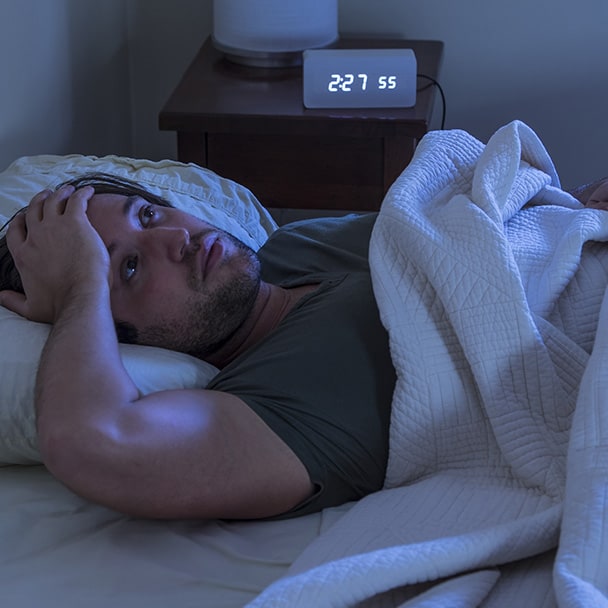YOU DON’T HAVE TO LET ANXIETY RULE YOUR LIFE
Anxiety disorder is the most common mental health issue in the United States, affecting over 40 million American adults. While they are highly treatable, and vary widely in scope and severity, anxiety disorders have the power to significantly impair a sufferer’s quality of life and overall health. Approximately one third of those who were found to need treatment for some kind of anxiety disorder actually receive it. The main types of anxiety disorders include generalized anxiety disorder (GAD), panic disorder, social anxiety disorder and specific phobias. Other conditions that may be linked to anxiety include obsessive-compulsive disorder (OCD) and post-traumatic stress disorder (PTSD). Anxiety disorder can also significantly increase one’s risk of substance abuse and addiction, creating what is known as a co-occurring disorder or dual-diagnosis.

The lines tend to get blurred between what many consider to be everyday worry or melancholy and diagnosable anxiety disorder. In an effort to better understand the parameters of a legitimate anxiety disorder, it’s critical that potential patients and their loved ones are mindful of some of the more common symptoms, which can include:
- Nervousness
- Restlessness or Irritability
- Increased Heart Rate
- Hyperventilation
- Sweating
- Trembling
- Weakness or Fatigue
- Trouble Concentrating and Focusing
- Trouble Sleeping
- Gastrointestinal Issues
- Difficulty Controlling Worry
- Avoidance of Triggers
If you or someone you care about is experiencing these or any other symptoms related to anxiety, it might be time to explore the possibility of professional treatment to prevent escalation and the prospect of any danger.



LONG-TERM EFFECTS OF ANXIETY DISORDER
Each person experiences their own unique set of anxiety-related complications, depending upon the scope and severity of their condition. It’s important to treat these acute conditions in conjunction with overall anxiety disorder to avoid further episodes and aggravation of pre-established conditions. Some of the more common medical issues associated with anxiety disorder tend to include:
- Heart Disease
- Diabetes
- Thyroid Issues
- Respiratory Disorders
- Substance Abuse and Withdrawal
- Chronic Pain
- Irritable Bowel Syndrome
- Rare Tumors
Anxiety can be the cause or effect of prolonged and untreated substance abuse. Drugs and alcohol create serious and potentially permanent changes in the brain’s chemistry that may increase the frequency and severity of anxiety attacks and episodes.
